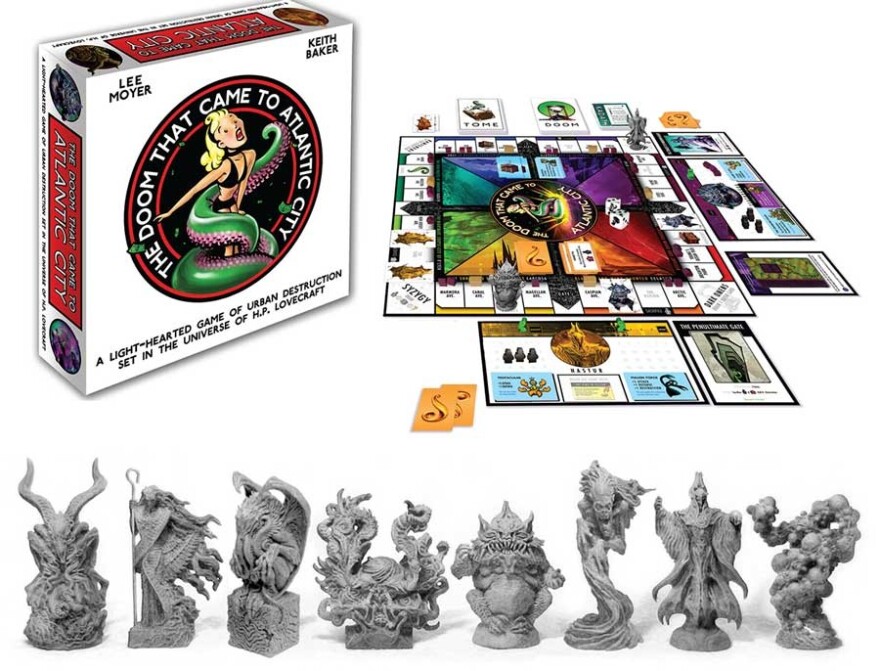When donating to a crowdfunding campaign or a kickstarter there is always a chance the project won’t come to fruition. But should there be stricter regulations or oversight on how the money raised is used if a project fails?
This week the Federal Trade Commission (FTC) settled charges against a man who raised $122,000 through Kickstarter to produce a board game called “The Doom that Came To Atlantic City.” The game never happened and according to the FTC, the game’s creator Erik Chevalier canceled the project and said he would refund the donations, but used the money instead to pay for personal expenses.
While there is always a chance projects won’t be successful, the FTC says consumers should be able to trust their money will actually be spent on the project they funded.
What role should the FTC play in protecting the public from crowdfunding scams?
Guests:
Jeff Howe, contributing editor at Wired Magazine, coined "crowd sourcing" for Wired in 2006, runs media innovation program at Northeastern University.
Elissa Grossman, Associate Professor of Clinical Entrepreneurship at USC Marshall at the Lloyd Greif Center for Entrepreneurial Studies



